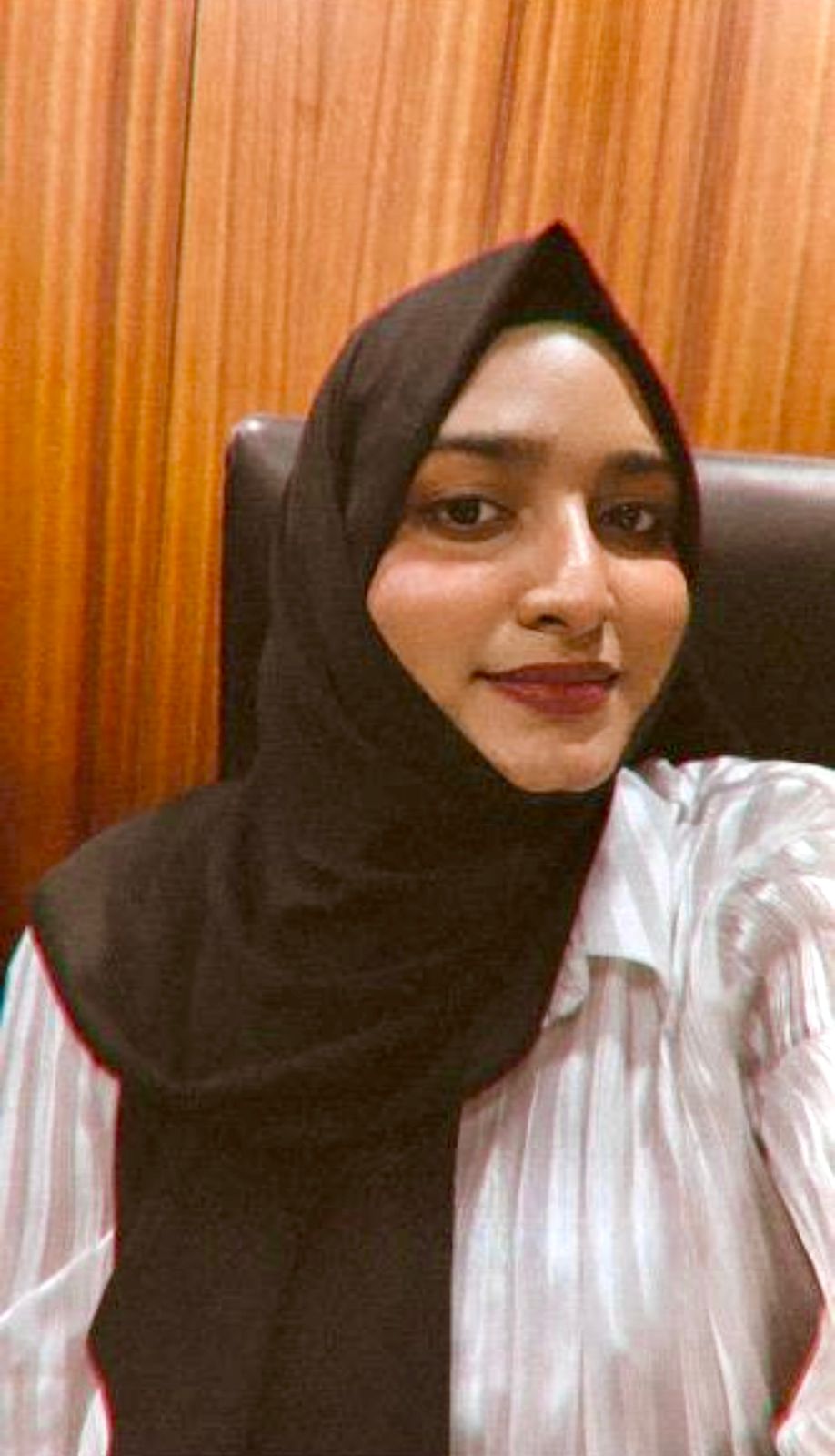Allahabad HC Sets Aside Afzal Ansari's Conviction, Allows Him to Continue as MP

On May 3, 2025, Chief Justice of India (CJI) Sanjiv Khanna emphasized the importance of public understanding regarding mediation, asserting that it should not be perceived as an inferior form of justice, but rather as a wiser and more insightful approach.

His remarks came during the inaugural National Mediation Conference 2025, which also marked the launch of the Mediation Association of India.
CJI Khanna highlighted the significant role mediation has played in dispute resolution over the past two decades, revealing that between 2016 and early 2025, an impressive 7.57 lakh cases were resolved through mediation. He stressed the need to expand mediation into rural areas, noting India’s relatively slow adoption of the method and the importance of educating every citizen about its benefits.
"Mediation is not a lesser form of justice but a wiser form of it," CJI Khanna remarked.
He elaborated on how mediation offers a more holistic remedy to disputes compared to traditional courtroom adjudication, which often results in a win-lose outcome, strains relationships, and leaves deeper issues unresolved. Mediation, on the other hand, identifies root causes and fosters mutual understanding.
CJI Khanna emphasized that mediators should be equipped to navigate the complexities of disputes, which frequently exist in ambiguous grey areas rather than clear binaries of right and wrong.
The newly launched Mediation Association of India aims to bring together key stakeholders in the mediation ecosystem across the country including mediators, trainers, legal professionals, academic institutions, and civil society organizations.
President Droupadi Murmu reflected on India’s historical tradition of community-based dispute resolution, highlighting how systems like the Panchayat fostered social harmony through amicable settlements. She criticized colonial imposition of foreign legal structures that sidelined these practices and stressed the need to empower mediation at the village level, noting that many disputes which escalate to courts could and should be settled locally.
Justice B.R. Gavai called for reforms in legal education, urging that mediation training extend beyond theory to include soft skills like active listening and emotional intelligence. He emphasized that mediation is a human-centric process vital to preserving dignity and relationships.
Union Minister Arjun Ram Meghwal pointed out that mediation is deeply rooted in Indian culture, citing the roles of Angad in the Ramayana and Lord Krishna in the Mahabharata as historical examples. He welcomed the enactment of a standalone mediation law to support and formalize this tradition.
Attorney General R. Venkataramani proposed that 3rd May be recognized as National Mediation Day, commemorating the launch of the Mediation Association. He expressed hope that India could one day become the global hub for mediation.
Attorney General R. Venkataraman expressed enthusiasm about commemorating the Mediation Association's launch as a potential National Mediation Day, encouraging collective participation to shape a brighter future for mediation in India.
Solicitor General Mehta highlighted the potential of the association to facilitate faster, more flexible dispute resolution especially in smaller or labor-related cases that would benefit from mediation rather than litigation.
Source: News

Anam Sayyed
Latest Posts
Categories
- International News 19 Posts
- Supreme Court 390 Posts
- High Courts 383 Posts



















































































































































































































































































































































































































































































































































































































































































































































































































